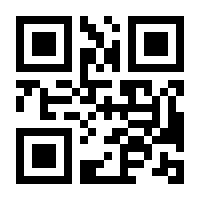
Journal of Artificial Societies and Social Simulation (2001)
Modelling and Simulation in the Social Sciences from the Philosophy of Science Point of View
herausgegeben von R. Hegselmann, Ulrich Mueller und Klaus G. TroitzschModel building in the social sciences can increasingly rely on well elaborated formal theories. At the same time inexpensive large computational capacities are now available. Both make computer-based model building and simulation possible in social science, whose central aim is in particular an understanding of social dynamics. Such social dynamics refer to public opinion formation, partner choice, strategy decisions in social dilemma situations and much more. In the context of such modelling approaches, novel problems in philosophy of science arise which must be analysed - the main aim of this book.
Interest in social simulation has recently been growing rapidly world- wide, mainly as a result of the increasing availability of powerful personal computers. The field has also been greatly influenced by developments in cellular automata theory (from mathematics) and in distributed artificial intelligence which provided tools readily applicable to social simulation.
This book presents a number of modelling and simulation approaches and their relations to problems in philosophy of science. It addresses sociologists and other social scientists interested in formal modelling, mathematical sociology, and computer simulation as well as computer scientists interested in social science applications, and philosophers of social science.



